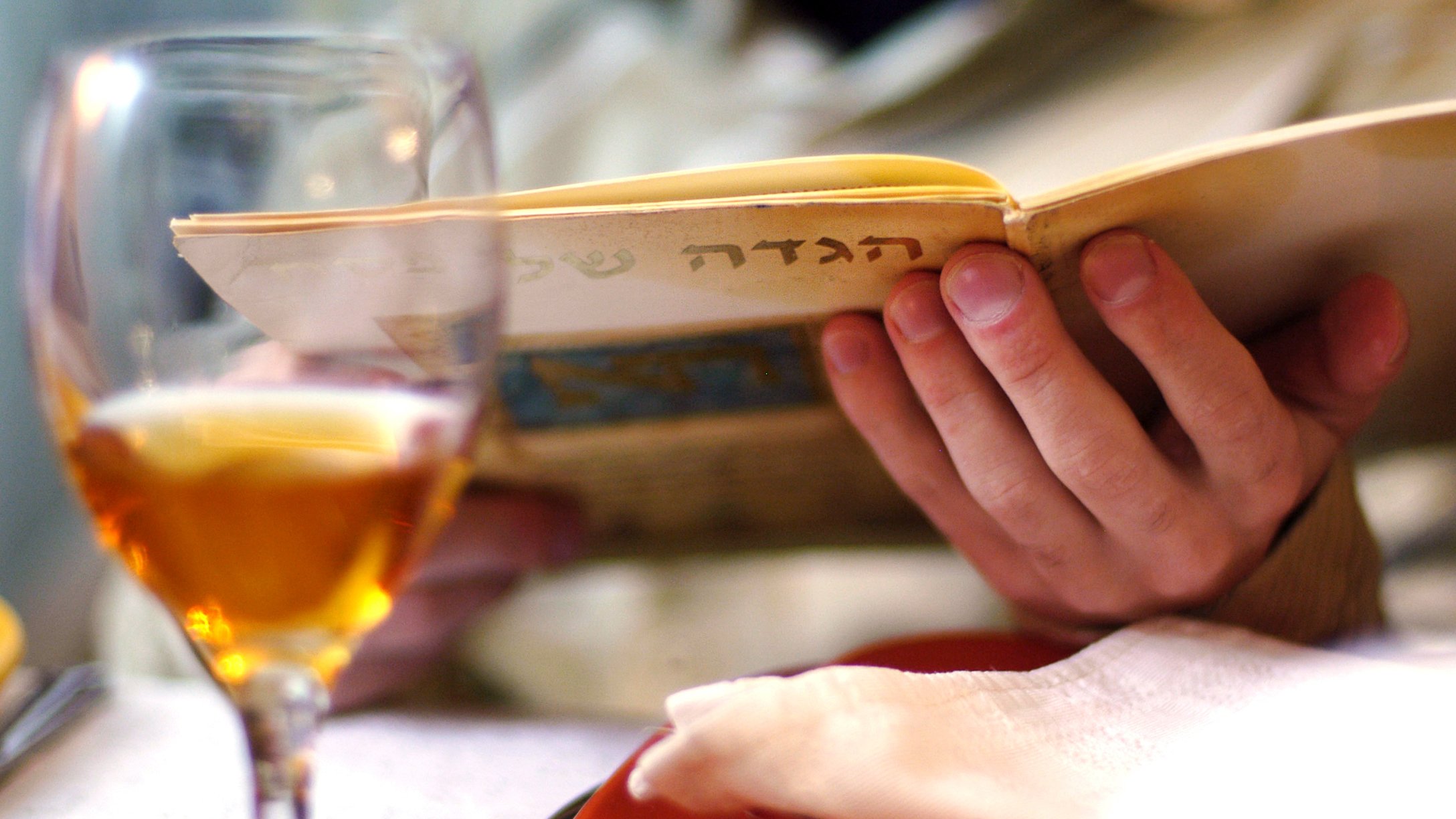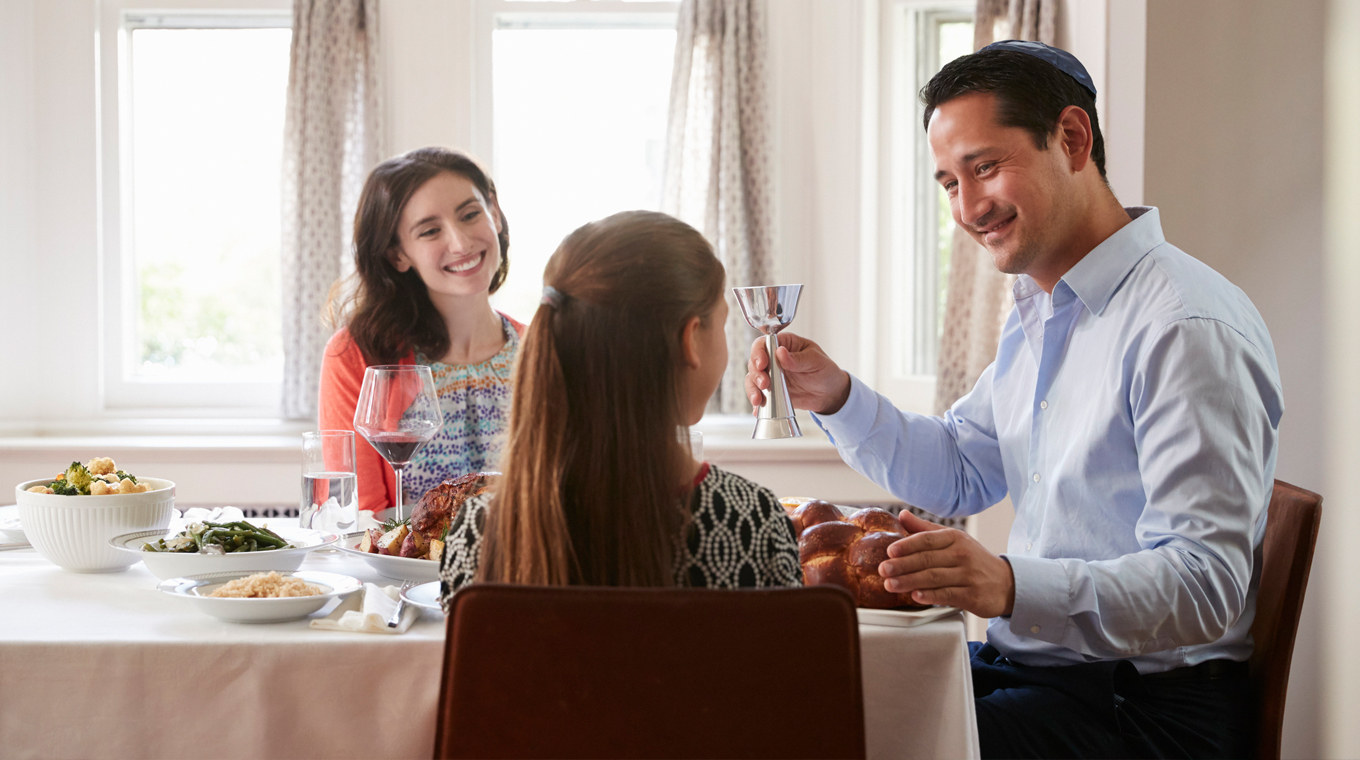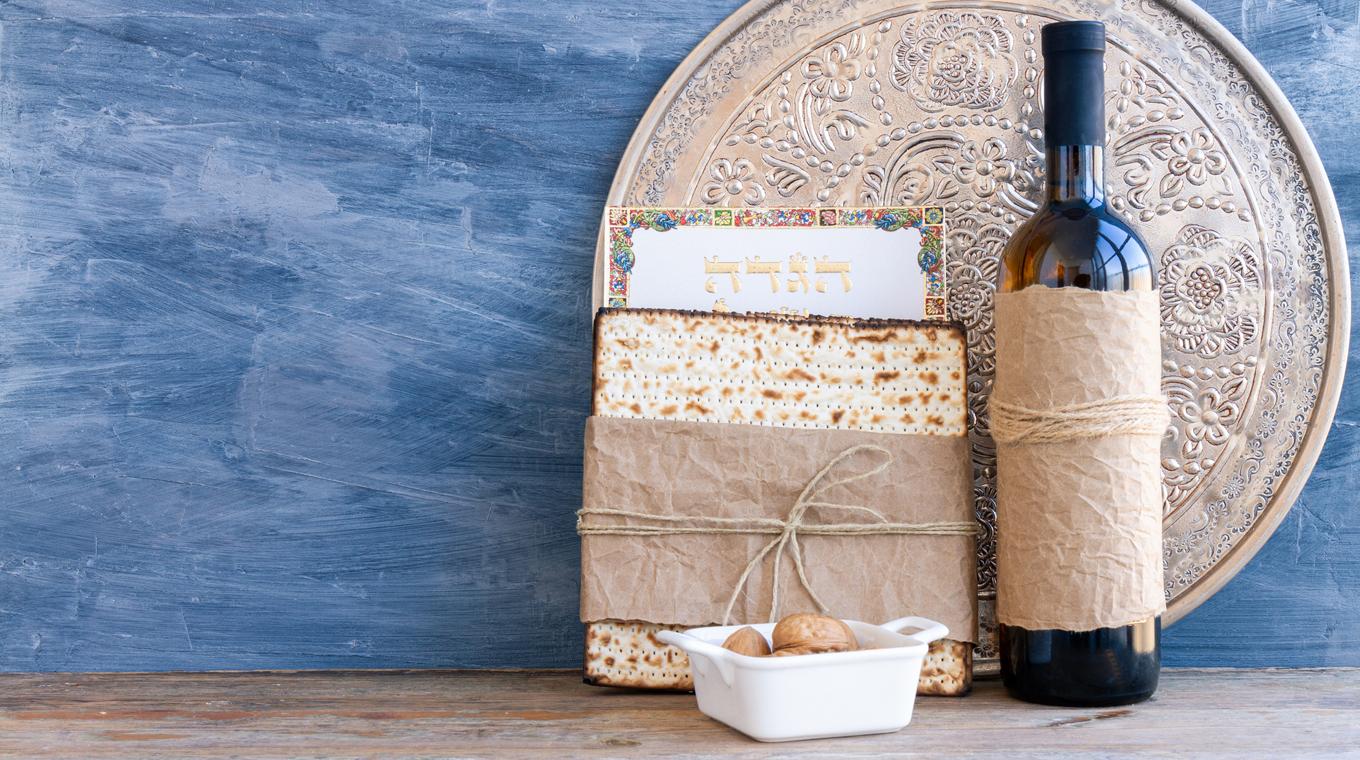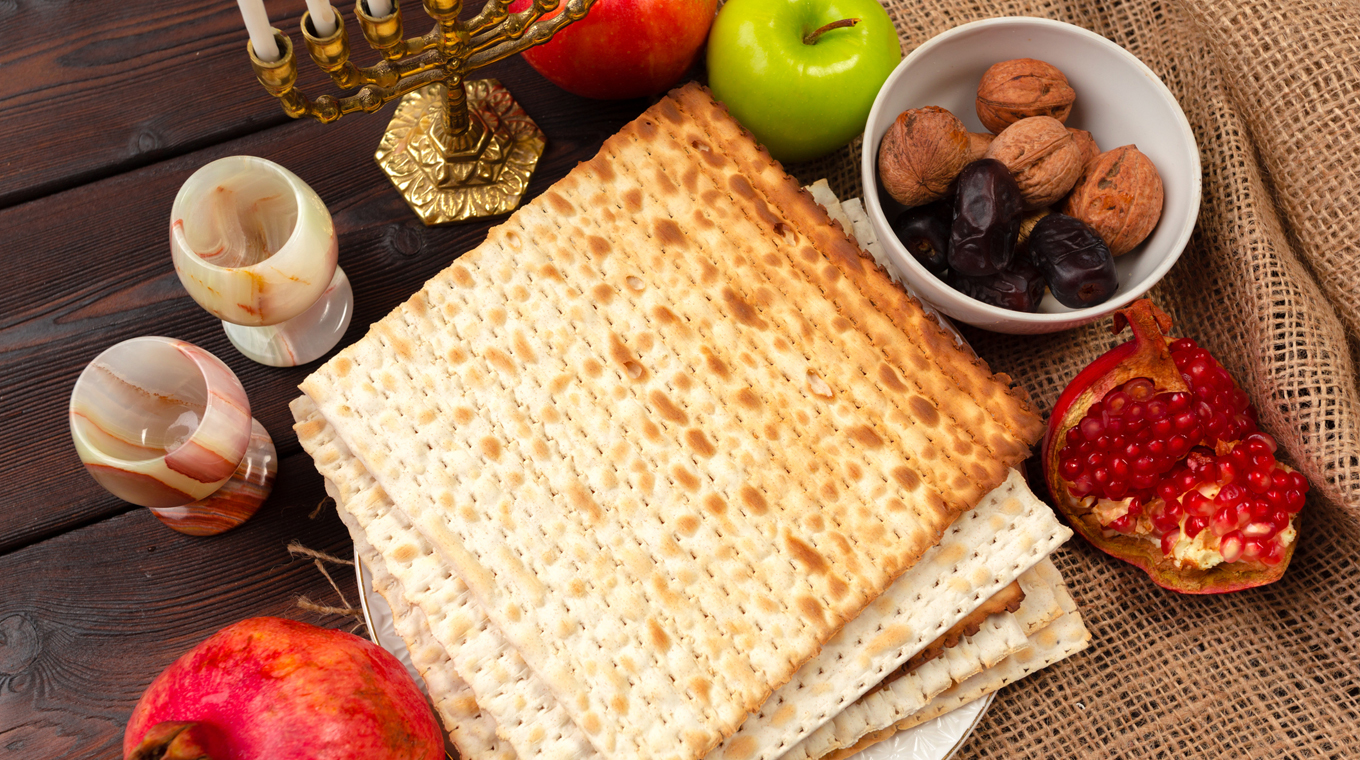
In this article
Passover 2020 begins at sundown April 8, in the middle of a modern-day plague: COVID-19, which has confined millions of people to their homes. The disease’s high rate of infection and fatality (especially for older people) has caused governments around the world to impose social distancing and stay-at-home orders, including most states in the US.
This will spark a major change in the way American Jews conduct their Passover seders this year.
New ways to creatively celebrate Passover during isolating

Government and health official orders to stay at home, keep a distance, and avoid large gatherings have put the kibosh on seder business as usual. Folks who traditionally welcome a couple of dozen guests will have to reduce their celebration to their nuclear family. Young adults who have never led a seder now have to figure it out for themselves. And grandparents — whose age puts them at higher risk of coronavirus fatality — will have to stay home alone.
The Jerusalem Post reports that it was the plight of those grandparents that prompted some Orthodox rabbis in Israel to approve the use of the Zoom teleconferencing platform to connect families during Passover.
“The rabbis wrote that it was important ‘to remove the sadness from seniors and the elderly and to give them motivation to keep fighting for their lives, and to prevent depression and mental weakness which could lead them to despair of life,’” the article advised.
As Orthodox Jews refrain from using electricity at all during Shabbat and holidays, this is a highly unusual ruling that could only occur in the wake of an emergency — and other Orthodox streams have not embraced this interpretation.
However, the Union of Reform Judaism is totally on board with using web conferencing technology to facilitate a seder to enable the entire family to be together while physically apart. “How to Make Your Virtual Seder Lively, Engaging, and Meaningful” is a page of digital content and suggestions from URJ that families can utilize for this year’s seder challenges.
Hosting a virtual seder

Carly Starr of Sacramento usually hosts three generations of her family. This year, she and her parents, grandfather, siblings, aunt and uncle, and cousins will be calling in from six different homes scattered across two different states.
“It’s always my favorite holiday, so it was really exciting to host my family in my new house last year, when the first night fell on a weekend,” Carly told Mom.com. “And so this year, falling on a Wednesday, I was sad not to have as much out of town family. So in a weird way I still get to have the whole family together.”
Carly’s mom, Linda Schwartz, has been getting everyone organized. She told Mom.com that she shipped the family’s haggadot and kiddush cups to the participating households, and ordered a seder plate for Carly’s younger sister, who lives in Los Angeles.
“We aren’t quite sure how it’s going to work out, but I am looking forward to it. We are going to try to make sure we all know how to set it up the day before so we don’t have last-minute technical glitches,” Linda said.
San Francisco rabbi Doug Kahn discussed his own virtual seder plans with the New York Times. “The hardest element of the seder to do online, he said, is the afikoman, the piece of matzo that is usually hidden in the house for the children to hunt for. The rabbi’s plan is to take his laptop computer from room to room, and let people guess where they think the matzo is hidden.”
What to buy and cook for Passover 2020

“Obviously, I’m not doing a whole brisket this year for just the two people,” Schwartz said. “I think we’re all making do with just chicken this year.”
Many of the traditional recipes will reduce just fine for a smaller family meal. And this year’s Passover under quarantine could be an opportunity to try out some new dishes.
While much of the Jewish community is embracing technology to facilitate socially distanced seders, there has been no such accommodation to the challenges of grocery shopping during the pandemic. Grocery store shortages may impact your menu choices.
If shopping is an issue, consider searching for a local restaurant or delicatessen that is offering Passover dishes or entire meals to go. This would be a mitzvah (good deed) in a year when restaurants are struggling to stay in business.
During Passover, Jewish people refrain from consuming chametz — which the Union for Reform Judiasm describes as “food containing any amount of wheat, barley, rye, oats, and spelt, that has leavened, or ‘puffed up.’”
Just follow the advice of Rabbi Dan Ain of San Francisco. “Use common sense,” he told the Jewish News of Northern California. “Don’t eat bread. Just don’t eat bread. All of this other narishkeit, all the way down to the most minute thing — you don’t need a $30 bag of cookies certified kosher for Passover by the OU [(Orthodox Union)]. Just avoid leavened food and reconnect with the ikar [essence] of what the holiday is all about.”







